At HCI, we take great care to ensure that zakat reaches those most in need, whether they are vulnerable individuals or entire communities affected by poverty or disaster. Our field teams work closely with local partners and community-based organizations to conduct needs assessments and identify recipients of the zakat funds. This way, we maximize the impact of each contribution, ensuring that it goes directly into the hands of those who require it most.

Your Zakat will provide food to needy families, orphans, and widows.
Zakat is the third pillar of Islam, and is obligatory upon every Muslim who is mature, sane, free and has accumulated the minimum required amount of wealth (nisab). By giving part of their wealth as Zakat, Muslims perform a religious duty, cleanse their possessions, and contribute to the overall health of society by uplifting those in need of economic support and relief.
Zakat has tremendous social and economic benefit for society. Among the many benefits are social security and redistribution of wealth. Those who receive Zakat can use the funds to pay down their debts, send their children to school, and provide food and shelter for their families.
Zakat is payable only once a year, and most Muslims choose Ramadan as the month to pay their annual share because charity is encouraged, reward, and filled with blessings during that time.
Calculate your Zakat payment here and fulfill the Prophetic tradition by contributing to the overall health and well being of society and its less fortunate members.
All four schools agree that Zakat is an obligatory act of worship in Islam, involving the giving of a portion of one’s wealth to those in need. Zakat holds significant importance as it purifies wealth, fosters social justice, and helps support the less fortunate members of society.
Each school agrees that Zakat is obligatory for Muslims who possess wealth above the minimum threshold (nisab). The nisab value is based on the current price of gold or silver and varies slightly among the schools.
The principles of Zakat calculation and applicable rates are generally similar among the schools. They agree on applying a specific percentage (usually 2.5%) to Zakatable wealth, including cash, gold, silver, business assets, and some investments.
The schools generally allow the deduction of debts and liabilities from Zakatable wealth, but there may be some differences in how they handle specific cases.
The schools permit paying Zakat in advance, and the recommended time for giving Zakat is typically during the Islamic lunar month of Ramadan, although it can be given at any time of the year. Many Muslims choose to pay their Zakat during Ramadan, especially during the last 10 nights.
Yes, Zakat can be given to charitable organizations and development projects that work towards promoting social welfare and development, as long as they meet the criteria of Zakat recipients. In Islam, Zakat is meant to be distributed to those who are eligible and in need, and it is one of the ways to fulfill this obligation is by contributing to reputable charitable causes.
At HCI, we work to support the poor, provide education, healthcare, clean water, and other essential services to those in need. We have established systems to ensure Zakat funds are appropriately utilized and distributed to eligible recipients.
In general, there are no exceptions or exemptions to paying Zakat in Islam. Zakat is considered an obligatory duty for eligible Muslims who possess wealth above the minimum threshold (nisab) and meet the conditions for Zakat payment. The concept of Zakat is rooted in the principle of social and economic justice, where those who have more wealth are obliged to help those in need. However, there are specific circumstances where certain assets may be exempt from Zakat.
The different categories of people eligible to receive Zakat, as mentioned in Islamic teachings, include the following:
The permissibility of giving Zakat to close relatives or immediate family members is a matter of differing opinions among Islamic scholars. The four major schools of Islamic jurisprudence (Hanafi, Maliki, Shafi’i, and Hanbali) have different stances on this issue. Let’s explore the general viewpoints:
It’s important to emphasize that Zakat is meant to be distributed to those who are eligible and in need, regardless of their relationship to the giver. Therefore, if your close relatives meet the criteria of eligible recipients, it would be permissible to give Zakat to them according to the views of the Shafi’i and Hanbali schools. However, if you follow the Hanafi or Maliki school, it would not be permissible to give Zakat to immediate family members like parents, children, and spouses.
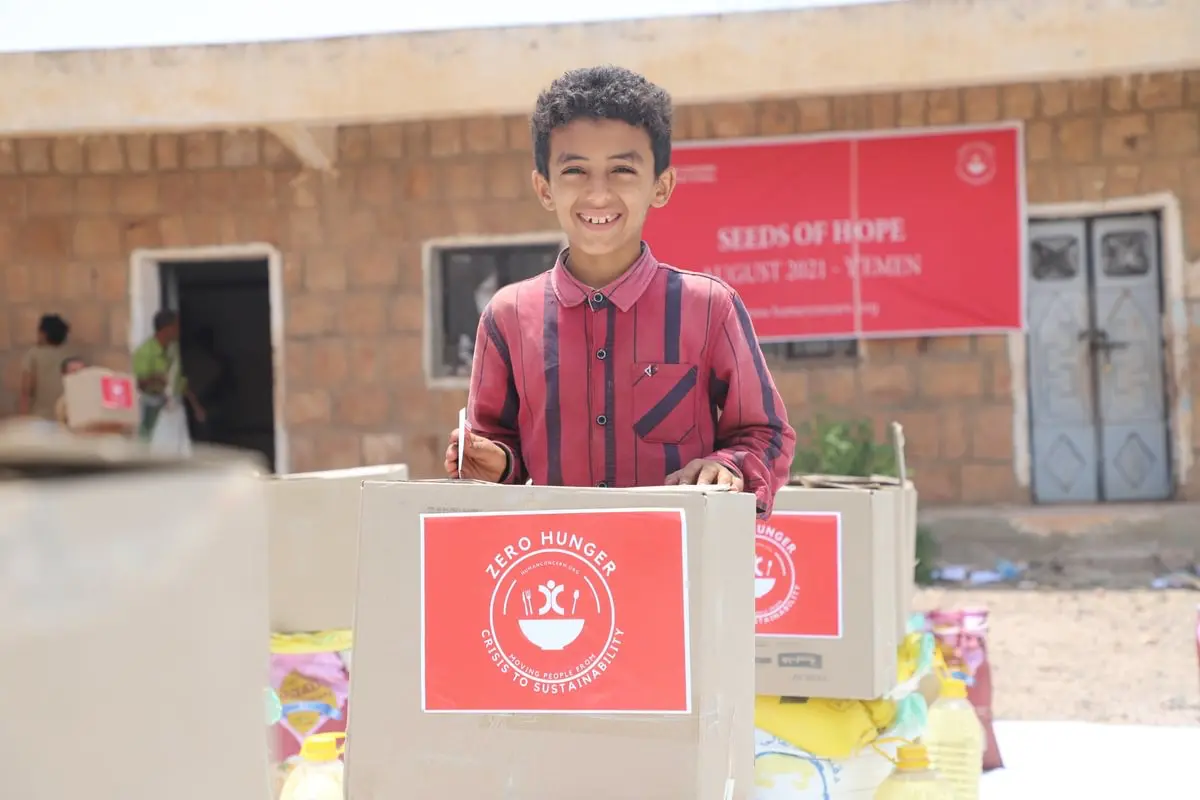
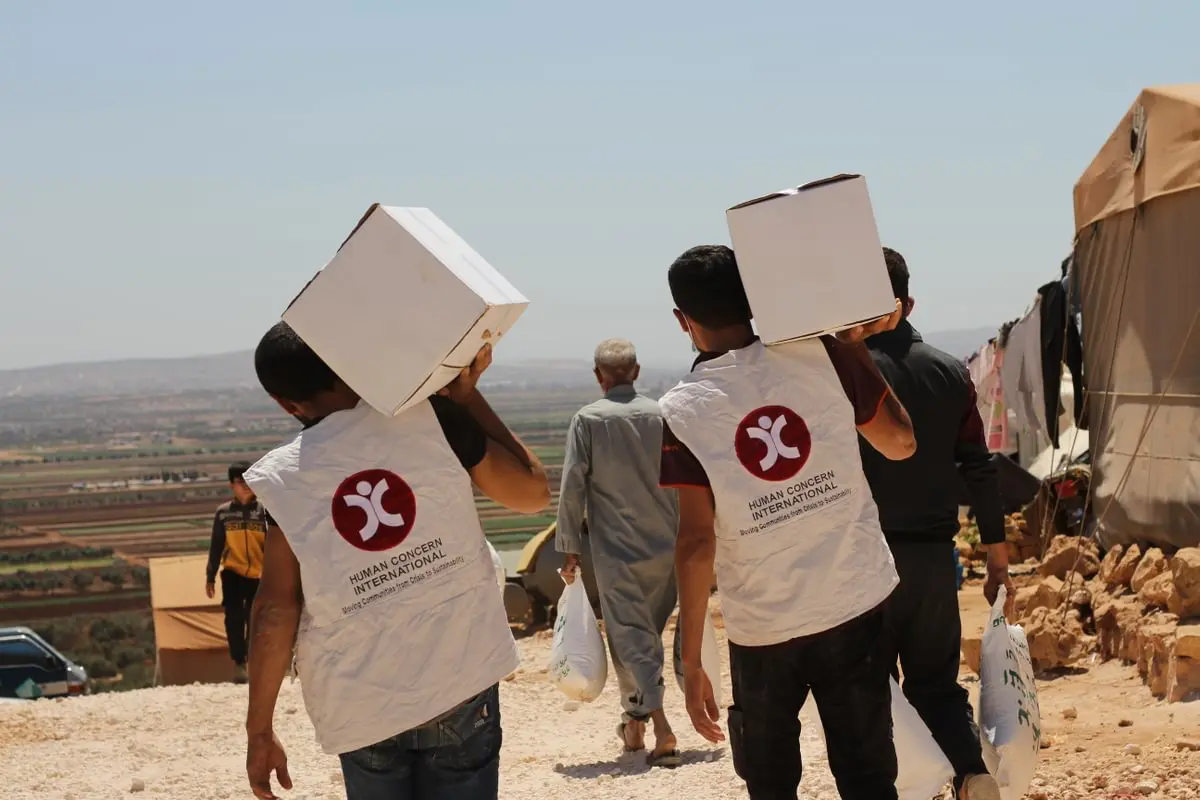
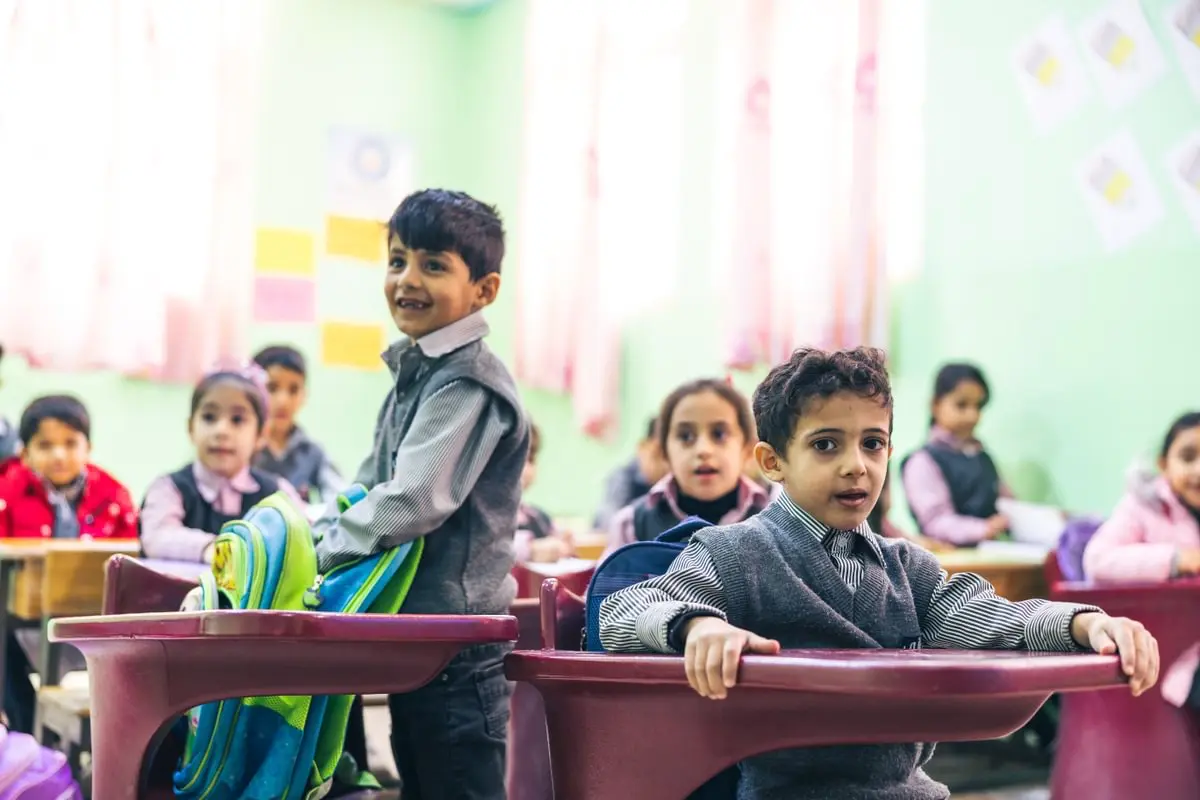
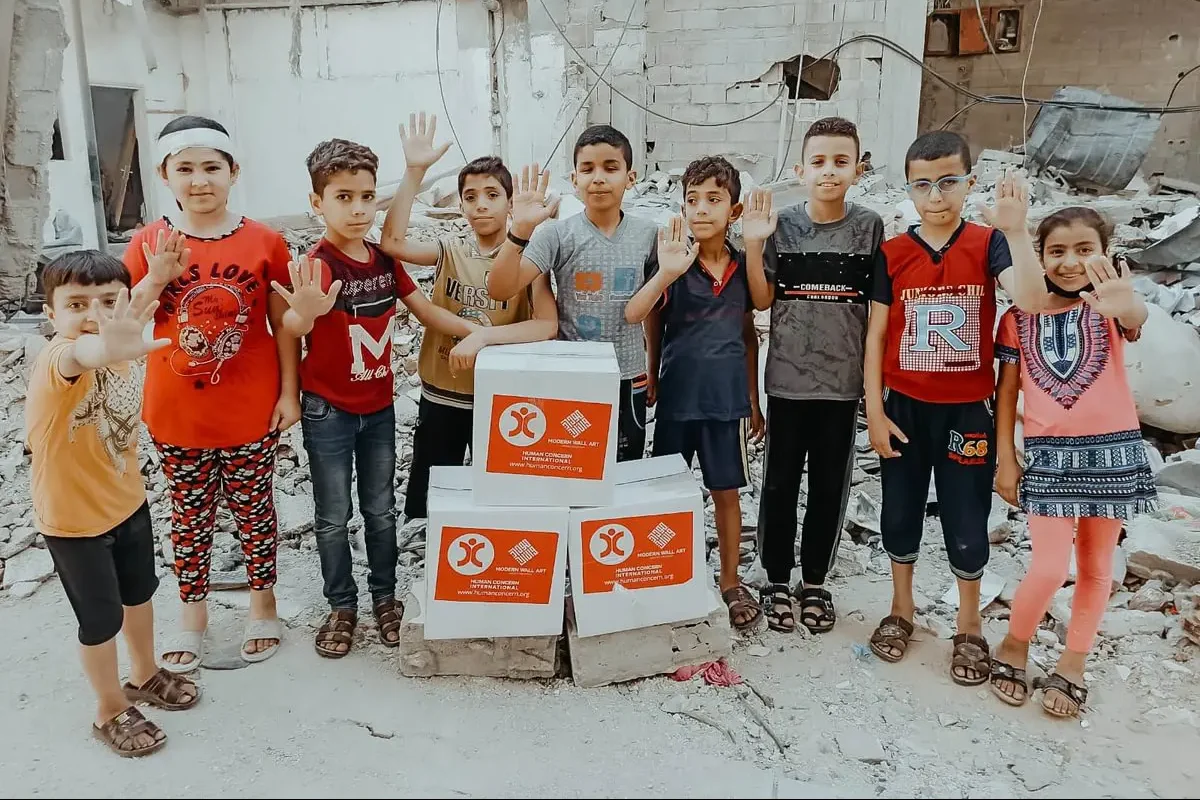
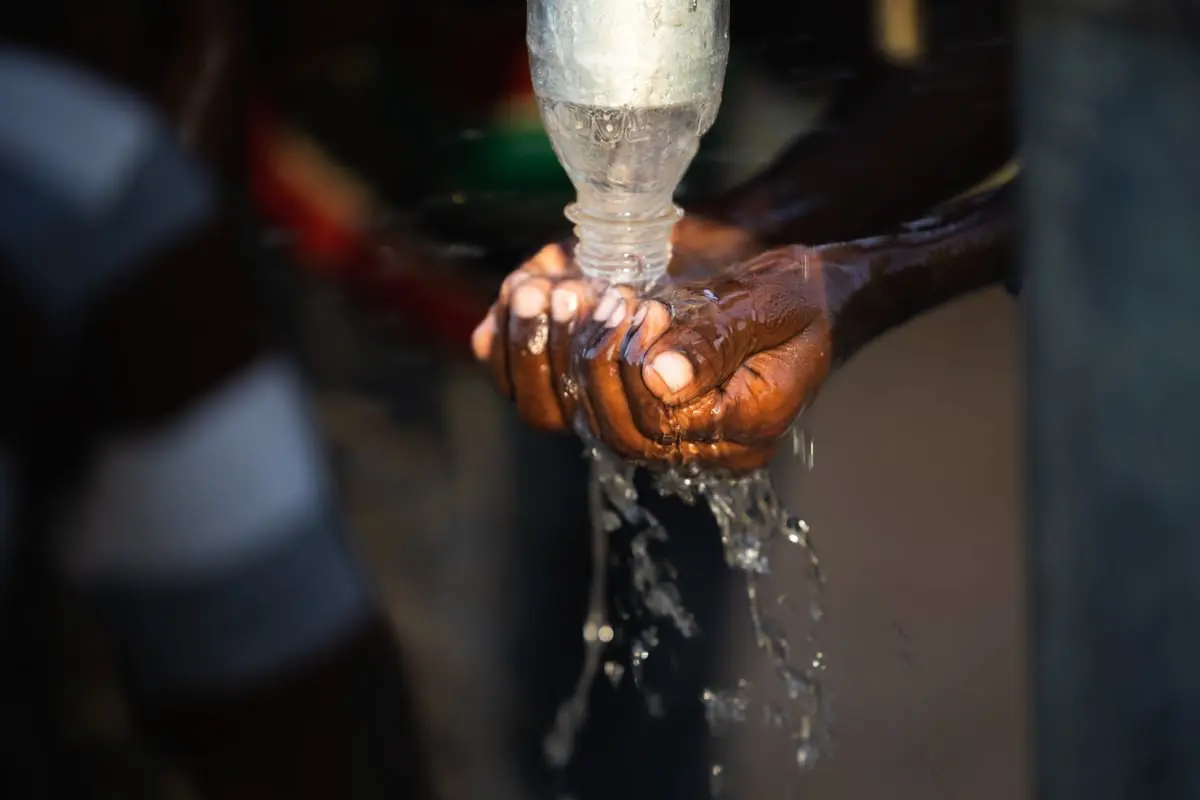
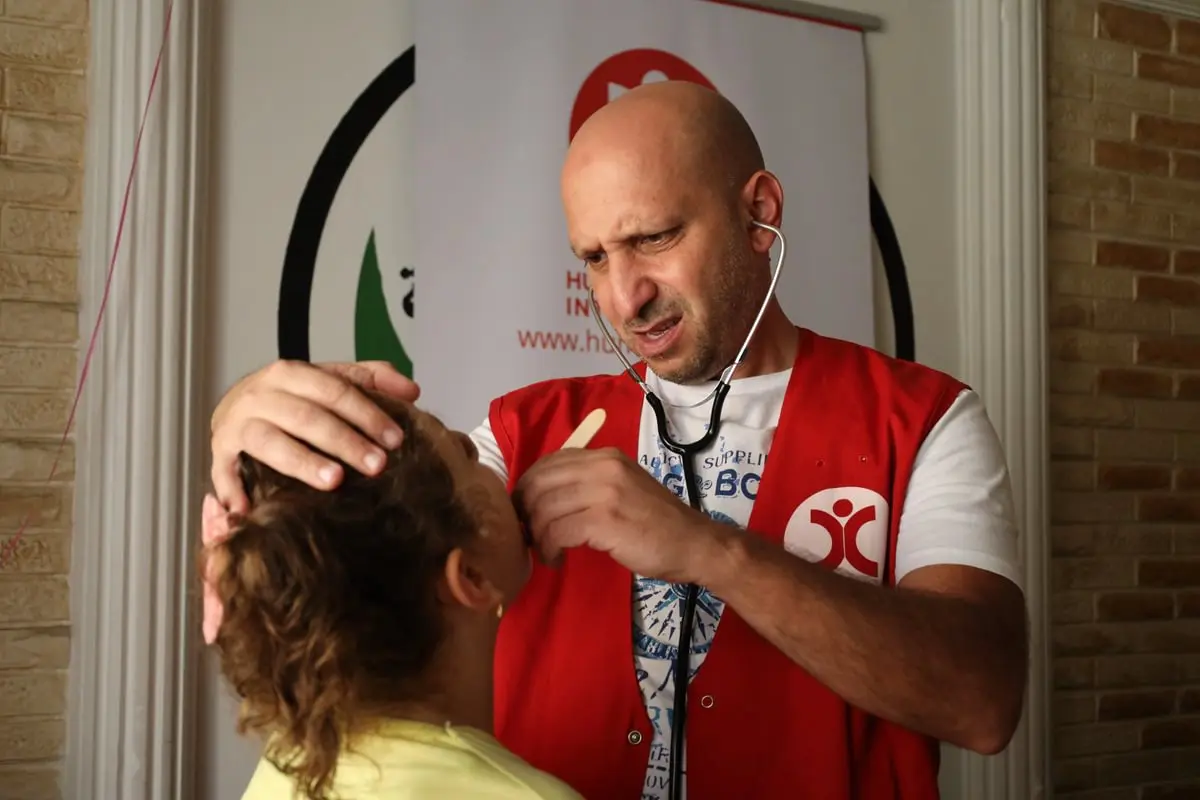
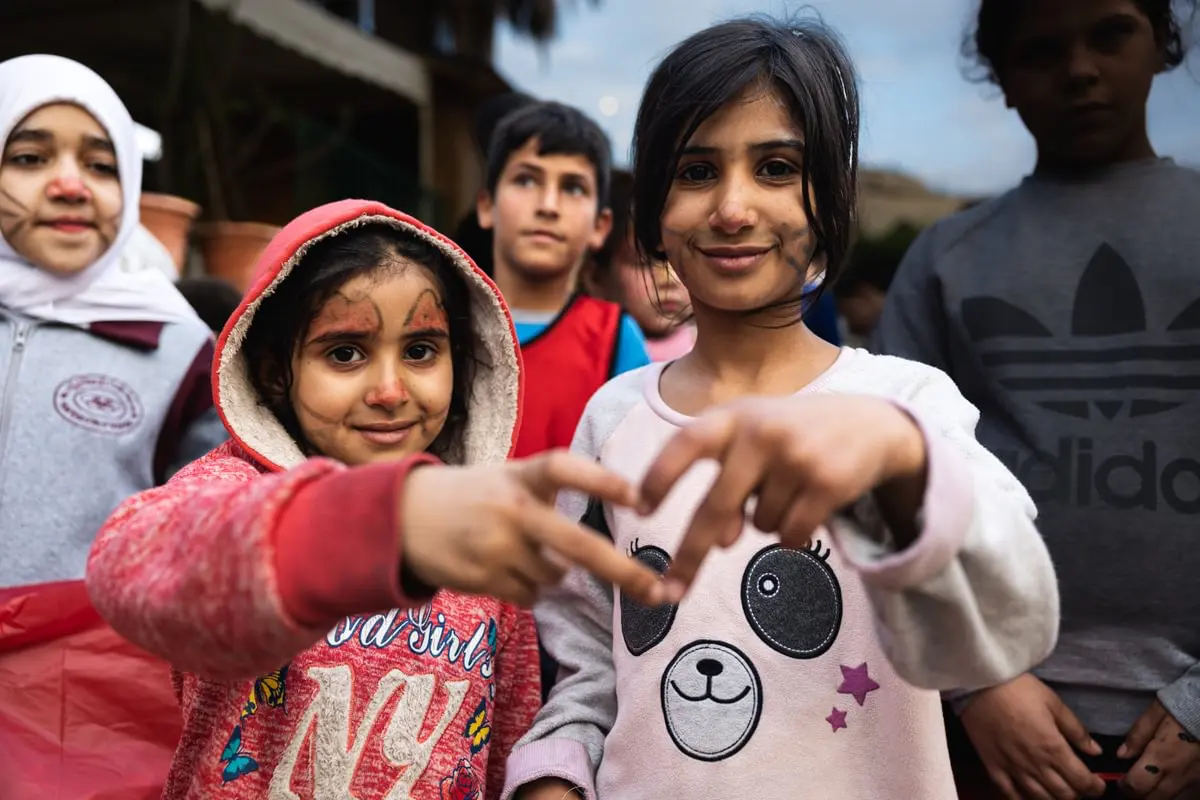
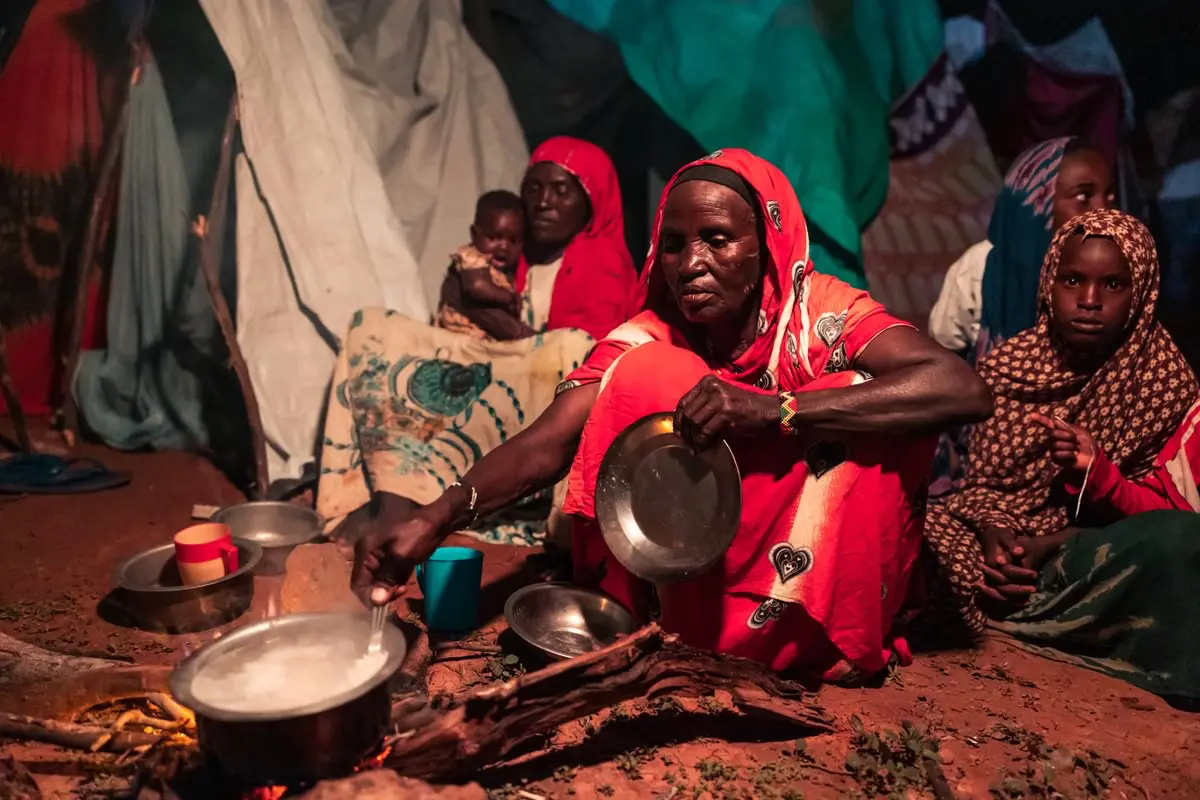
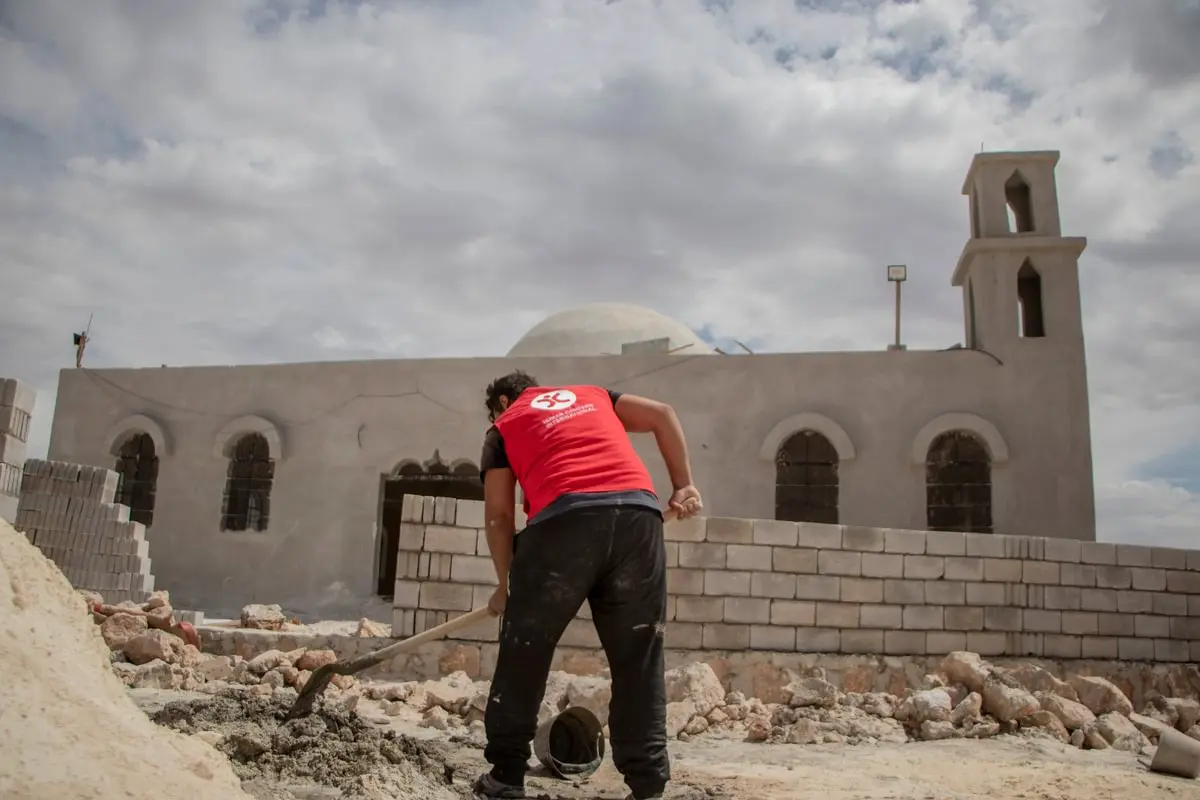
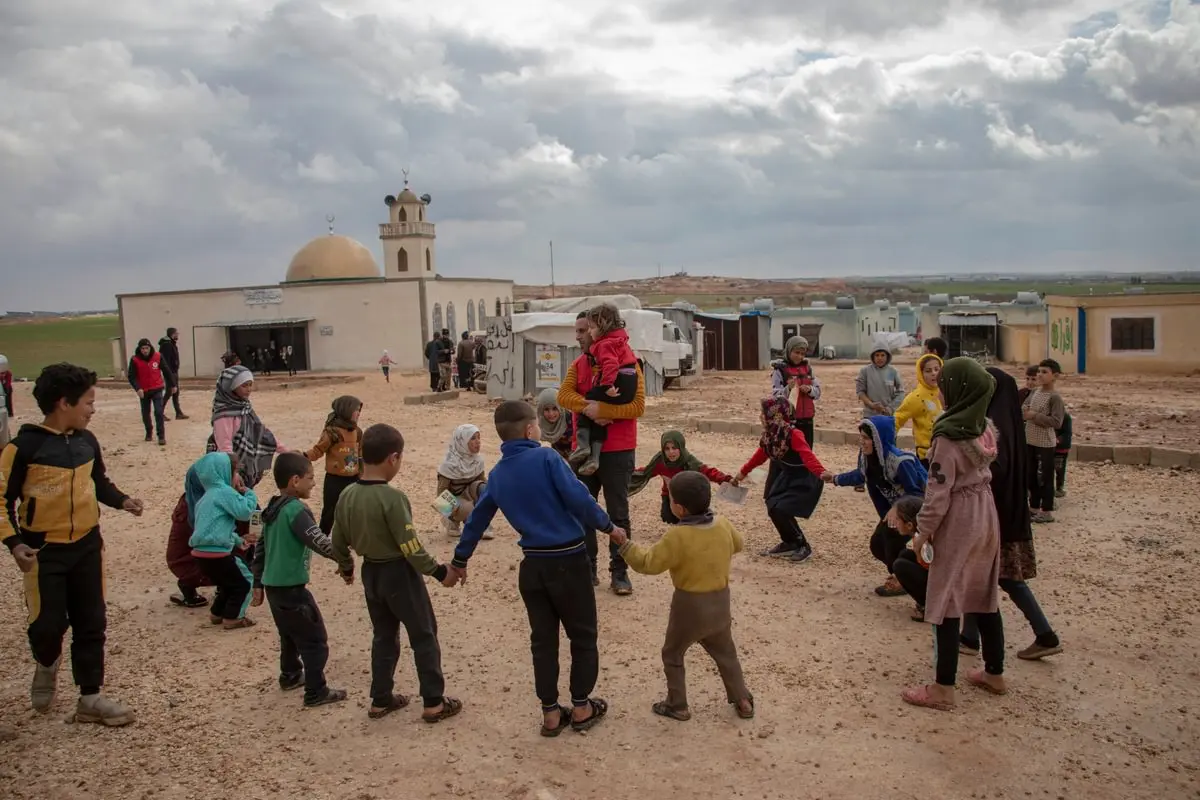


Human Concern International is the oldest Muslim relief organization in Canada, fighting poverty for over 40 years. We are a registered charity with the CRA. Charitable Registration No. 107497125 RR 0001